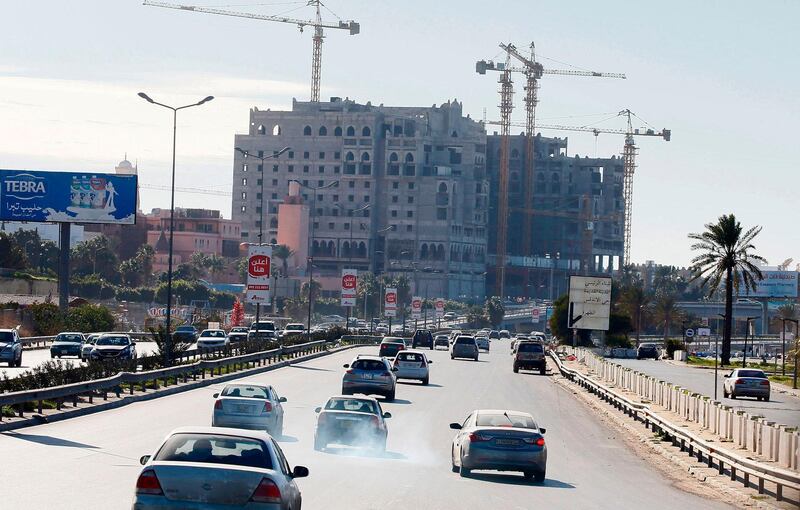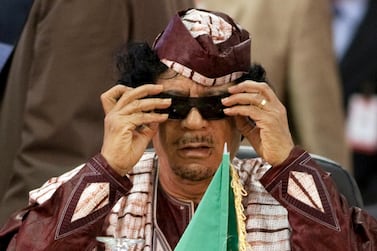Artillery shells on Tuesday hit the centre of the Libyan capital Tripoli, which eastern forces have been trying to take in a near year-long war, residents said.
The Libyan National army (LNA) faction of Khalifa Haftar moved on Tripoli held by the internationally recognised government in April, failing to breach defences in southern suburbs.
Shells landed late on Tuesday at the central Nouflin and Souq Al Jumaa districts, which had been mostly spared so far from the conflict, a Reuters reporter said.
Parts of the capital were affected by power cuts, a frequent occurrence in the city.
Authorities didn't immediately provide details of casualties from the attack.
Libya's civil war has displaced some 150,000 people, according to the United Nations.
Turkey to come to the aid of Fayez Al Serra, Prime Minister of the Government of National Accord of Libya, by sending troops to the capital. Up to 2,000 fighters from Syria’s civil war have also joined the battle to defend the capital, a UN official said last month.
Both sides held ceasefire talks last week in Geneva but have repeatedly blamed each other for daily violations of a shaky truce declared a month a go.
Economic fallout continues from the shutdown of the country's vital oil fields, with losses surpassing $1.3 billion, the national oil corporation announced on Tuesday.
The latest contest over oil assets in Libya started last month, when powerful tribes loyal Mr Haftar, seized large export terminals and choked off major pipelines. The move came just days before Germany hosted a high-profile international summit aimed at ending end Libya’s long-running conflict.
The Tripoli government controls only a shrinking corner of the country’s west. But it enjoys a different advantage: its control over Libya’s Central Bank, which holds the country’s oil revenue.
The opaque finances of the bank has drawn sharp criticism. Mr Haftar’s forces accuse the bank of diverting oil assets to pay Syrian mercenaries to defend the capital. The oil corporation has also called repeatedly for increased transparency.
The tug-of-war over Libya’s oil revenues has been going on for years, but recent losses are dramatic. The national corporation said current production, which has collapsed to roughly 183,000 barrels a day from about 1.2 million, is at the lowest point since the 2011 uprising that ousted and killed long-time dictator Muammar Qaddafi.
The corporation reiterated its warning that the blockade is quickly depleting fuel that supplies Libyan power stations. The tribal groups closed yet another pipeline over the weekend, exacerbating a looming fuel crisis, the statement added.







